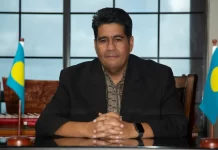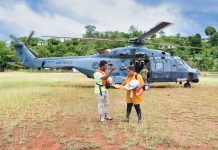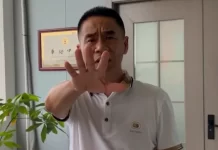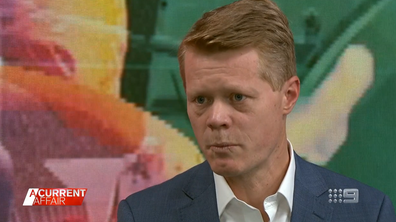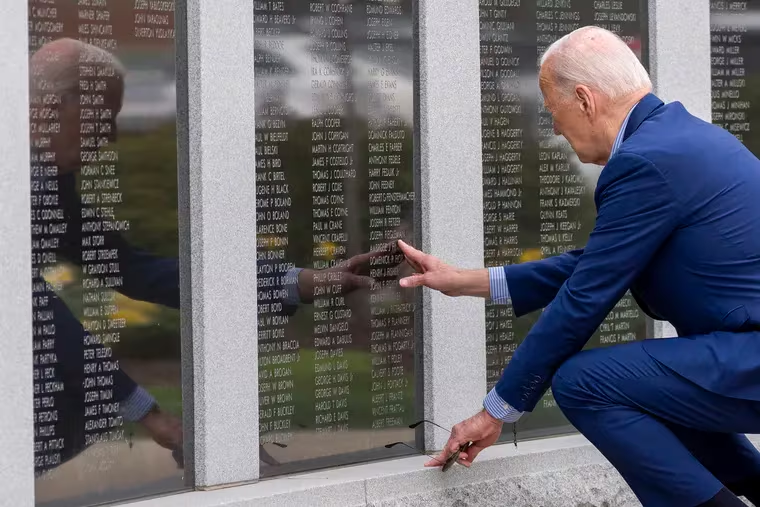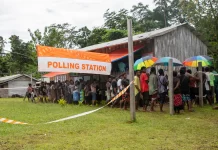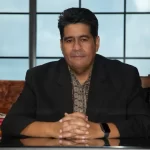The question on the lips of many Australians right now is what is China up to in the Solomon Islands and should our government have been able to stop it?
Our tiny neighbour’s decision to sign a security agreement with a country many fear is becoming an ominous threat to peace has sent shockwaves through the Pacific region.
Sam Roggeveen is a former defence and intelligence analyst and is now director of the International Security Program with the Lowy Institute.
He describes China’s new venture into the Solomon Islands as “the most important foreign policy issue for Australia”.
“Australia’s biggest defence asset has always been distance so anything that collapses that distance, anything which brings a potentially hostile country much closer geographically to Australia, is something that we ought to be really worried about,” Roggeveen told A Current Affair.
The Solomon Islands capital, Honiara, is just 1700km from Cairns in North Queensland and around 2800km from Sydney, making it closer to Australia’s east coast than Perth.
Solomon Islands Prime Minister Manasseh Sogavare has assured Australia and the U.S there will be no Chinese military presence in his country and Roggeveen believes any base would be a long way off.
“Regular visits of Chinese naval vessels, or of Chinese law enforcement vessels, or even regular deployments of Chinese patrol aircraft to local airfields, that is something I think we would see first before we saw a military base,” he said.
Even that can cause major headaches for Australia along with the cost of increased intelligence and surveillance.
“That would really complicate Australia’s defence picture, it would require a lot of resources and a lot of time and a lot of personnel to actually keep an eye on that and that’s one less thing we can be doing somewhere else,” he said.
Australia has always been the first country the Solomon Islands turns to when in trouble, like riots in Honiara last year when Aussie troops and police flew in to stabilise the country.
The same thing happened in 2006, with Australian-led peacekeepers staying on for years as part of the Regional Assistance Mission to the Solomon Islands, training local police and rebuilding damaged facilities.
This has come at a cost of billions of dollars to Australian taxpayers, but China is now also rapidly increasing its aid to the small island nation.
Kevin Byrne is a former Cairns mayor who’s spent a career doing business across the Pacific and describes China’s move as “a wakeup call”.
He believes the Solomon Islands Prime Minister has treated Australia poorly.
“It’s unconscionable in the sense that it blindsided a lot of people in the process, not only in Australia but also some of their Pacific brothers and sisters,” Byrne said.
“This is not popular in the Solomons and it’s not going to end well, in my view, for Prime Minister Sogavare anytime in the future.”
The timing of the Solomon Islands’ new security deal couldn’t have been worse for Scott Morrison, with Labor quickly labelling it a foreign policy failure.
The Lowy Institute’s Roggeveen said he can’t “fault the attention” Morrison has devoted to the Pacific region but believes climate change is “the big thing that’s counting against us”.
“That’s a relatively easy thing for us to change, but very difficult under the current government to see any change that would convince the Pacific Islands region that we take climate change seriously,” Roggeveen said.
“It’s not likely that any foreign power is going to threaten their territory, what’s threatening their territory is the seas rising.
“I think it’s a really important indicator of goodwill and how seriously we take security threats in the region that we actually take climate change seriously,” he said.
SOURCE: 9 NEWS/PACNEWS


